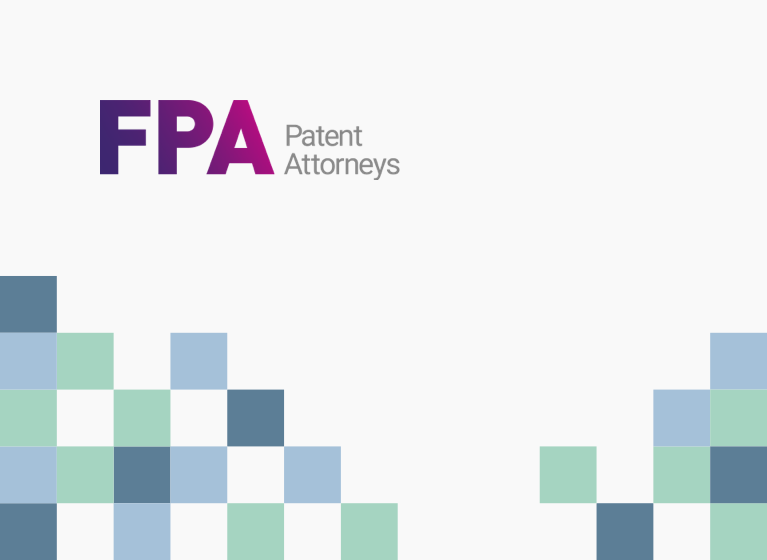FPA Patent AttorneysNews & Insights
Distinguished, insightful and focused
Read the latest articles by our patent attorneys on recent developments in patent law and practice.

 Insights — 12 February 2026
Insights — 12 February 2026
Colourful crops and clever IP rights: GM tomatoes and bananas in Australia
 Insights — 6 February 2026
Insights — 6 February 2026
Opinion: It’s time to stop discussing the patentability of computer-implemented inventions in Australia
Firm announcements
Read the latest news from FPA: promotions, hires, awards and recognitions.
 Firm Announcements — 1 December 2025
Firm Announcements — 1 December 2025
FPA Patent Attorneys welcomes a new principal in our Singapore office
 Firm Announcements — 8 July 2025
Firm Announcements — 8 July 2025
FPA Patent Attorneys recognises excellence with four attorney promotions
 Firm Announcements — 12 June 2025
Firm Announcements — 12 June 2025

